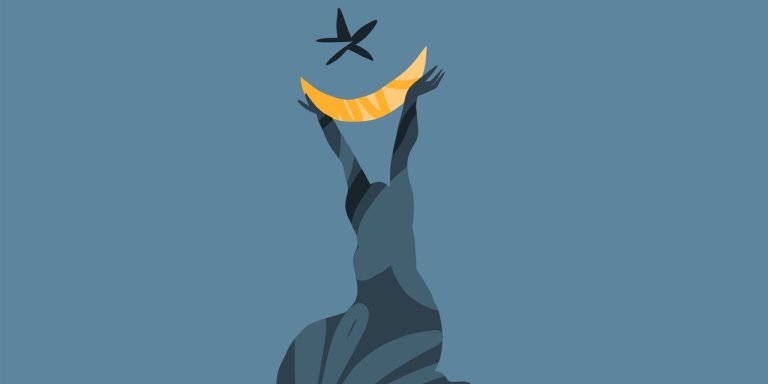
I would be remiss if I didn’t mention the issue of food apartheid (often referred to as “food deserts”) and accessibility when we are talking about food as well. The push for “organic” and whole foods is steeped in racism, ableism, and capitalism, as it doesn’t account for the fact that large portions of the population simply don’t have geographic access to quality fresh fruits and vegetables or the means to feed their entire families grass-fed, non-GMO, unprocessed, “fed only the best,” “allowed to run around in the sun,” pesticide-free—and whatever other things I’m missing—meat.
More than just robbing us of the experience of food, diet culture robs us of the beautiful experience of life. How much time and energy have we spent worrying about how we look or feeling so uncomfortable in our own skin that we are unable to be fully present in each moment?
I have so many memories of being so self-conscious in my body that I spent entire outings at the beach or the waterpark obsessing about how I looked and sucking in my stomach as hard as I could. I remember accomplishing big milestones during periods when I had regained weight and being excited but wishing that I were skinnier because somehow that would have made the success just a little bit better.
I don’t think people fail at diets. I think that diets and diet culture have failed us. One of the reasons that so many of us pursue fat loss, whether we realize it or not, is that we want access to the privileges that come with living in a smaller body. Even if you don’t consider yourself a thin person, the closer you are to Eurocentric standards of beauty, the more you benefit from thin privilege.
I grew up extremely sheltered. Sometimes I would sneak around and watch Baywatch. I remember the first time I saw Pamela Anderson running down the beach in that infamous red one-piece. She was skinny, had legs for days, and had huge breasts. These were the images I was being inundated with as beautiful—long, flowing blond hair and blue eyes and Barbie-doll bodies. How was a Black girl with kinky, curly hair supposed to be able to achieve Pamela Anderson-like beauty? I could never achieve long, flowing blond hair or blue eyes or white skin, but I could try to be thin. I spent a lot of time chasing thinness. But what I finally realized as an adult is that no matter how much I changed and contorted myself, I would never be able to attain Eurocentric standards of beauty, which are rooted in white supremacy and racism.
The truth is, this body is fleeting. It could all change in an instant. The way it looks, the way it moves, the way it feels—that’s all going to change. We can’t predict when or how these changes are going to occur. And no matter how much we exercise or how “healthy” we eat, we don’t have ultimate control over what happens.